Usually, the familiar means safety. When an actor’s risky, original movie flops, they go back to their successful franchise. When a musician tries to cook up something fresh but it’s poorly received, they can always reheat their nachos. And when an established game developer tries something new and it fails, they can always retreat to their well-known IP. But what about when the opposite happens? What do you do when the familiar is dangerous; when the flop you need to recover from involves the return of a beloved character? That’s the position that developer Deck Nine — and the series it has stewarded for the better part of a decade — finds itself in after Life is Strange: Double Exposure.
Square Enix Took A “Large Loss” On Double Exposure
In a financial report released last week, Square Enix said that it took a “large loss” on Double Exposure after the game’s October 2024 launch. That wasn’t supposed to happen. Double Exposure was supposed to be safe in a way that, until then, the Life is Strange games had avoided.
Though developer Deck Nine got its first at-bat with Before the Storm, a 2017 prequel to the original Life is Strange starring beloved best friend (or girlfriend) Chloe, the rest of the games in the series have steered away from the original. There were nods to what happened in Arcadia Bay here and there, but with The Awesome Adventures of Captain Spirit, Life is Strange 2, and Life is Strange: True Colors, both original developer Don’t Nod and successor Deck Nine kept the center of the series far away from Max and Chloe.
Long-term Life is Strange fans love those characters, but their game ended on a canon-altering choice that made it difficult for any developer to tell more stories after that event. Max and Chloe being more than friends, Arcadia Bay existing, and Chloe surviving were all choices that were up to the player, which made it hard to find solid ground for a sequel. There were too many threads to tie up, stretch out, or snip entirely.

Related
Deck Nine attempted to get around this by setting Double Exposure a decade after Life is Strange. Max was now the artist-in-residence at a college, and Chloe wasn’t in her life — through the reasons why were up to you. The bulk of this narrative was contained to the first episode, which (to me) did a good job of honoring the player’s specific relationship with Chloe while still moving things along to tell a new story. Many fans disagreed, and the game got a lot of negative word of mouth as a result. In my mind, it was a good, but unambitious sequel and not much more. For a lot of LiS fans, it was a betrayal of what Chloe and Max’s relationship meant.
A Necessary Change Of Direction
Given that controversy, it isn’t surprising that the game sold poorly (though it is worth noting that Square Enix rarely seems happy with the sales its games from Western developers get). But a post-game title card stated that “Max Caulfield will return”, indicating that there were plans for more Life is Strange games with Max, and a mid-credits scene set up the idea of X-Men-style recruitment of characters with powers. Deck Nine seemed to have something grander in scope planned, maybe bringing together characters from the various Life is Strange games.
As a fan, that strikes me as… not the best idea. These games ride a thin line between mundane human drama and superpowered storytelling and the MCU-style title card hinted that the balance could get out of whack. If Double Exposure’s failure pushes Deck Nine to abandon that direction, and go back to the drawing board to come up with interesting, isolated stories, then Double Exposure’s failure will have been a good thing.
Could this be the end of Life is Strange? For now, maybe. But few franchises are ever really dead, and Life is Strange has otherwise done well for Square Enix. If Deck Nine steers clear of Max Caulfield in future entries, I don’t see any reason the series shouldn’t return.
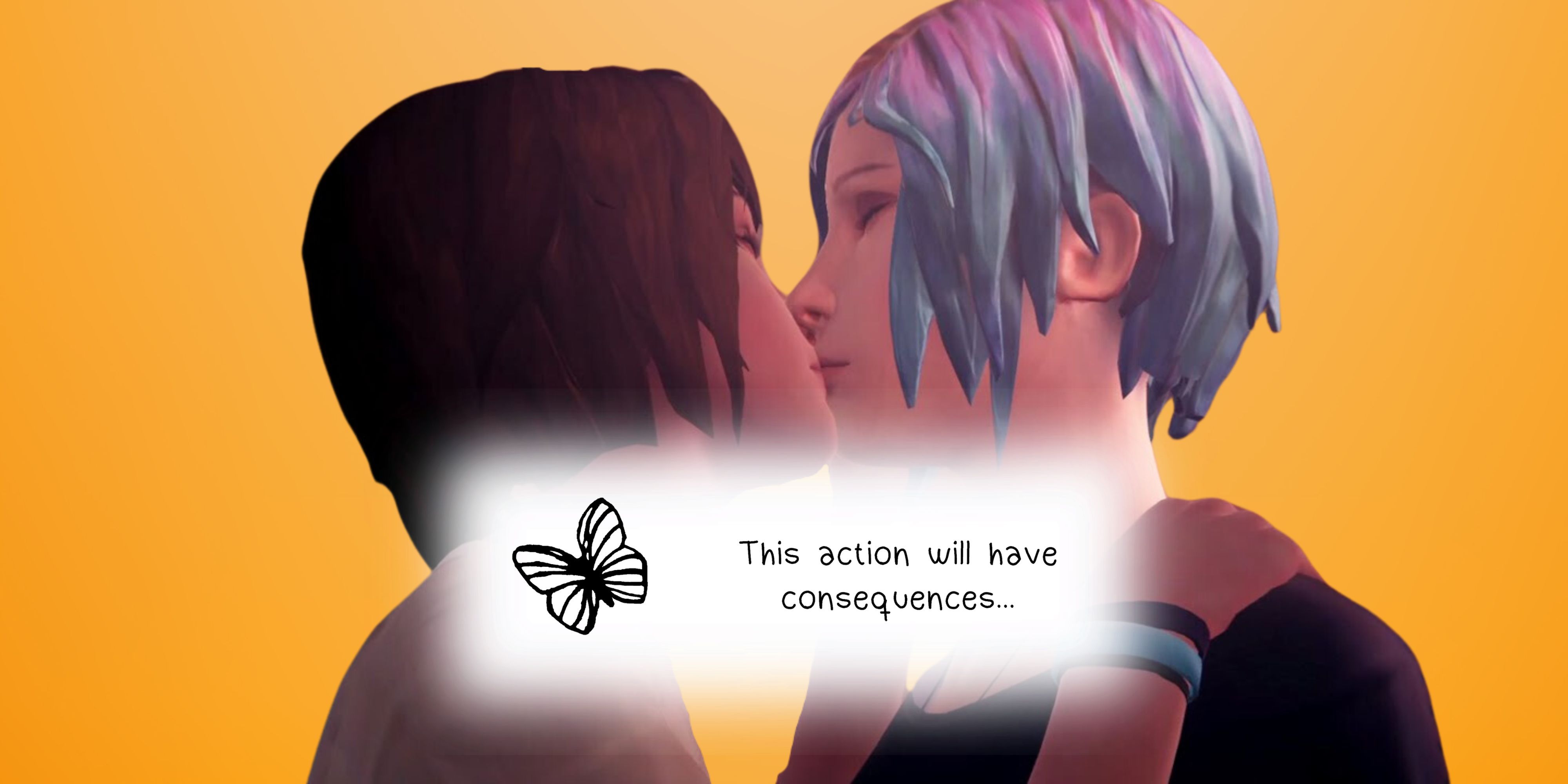
Next
Life Is Strange Is Secretly One Of The Most Influential Games Of The Decade
Less mechanical and more emotional, Life is Strange’s framework can be found across dozens of games this past ten years.


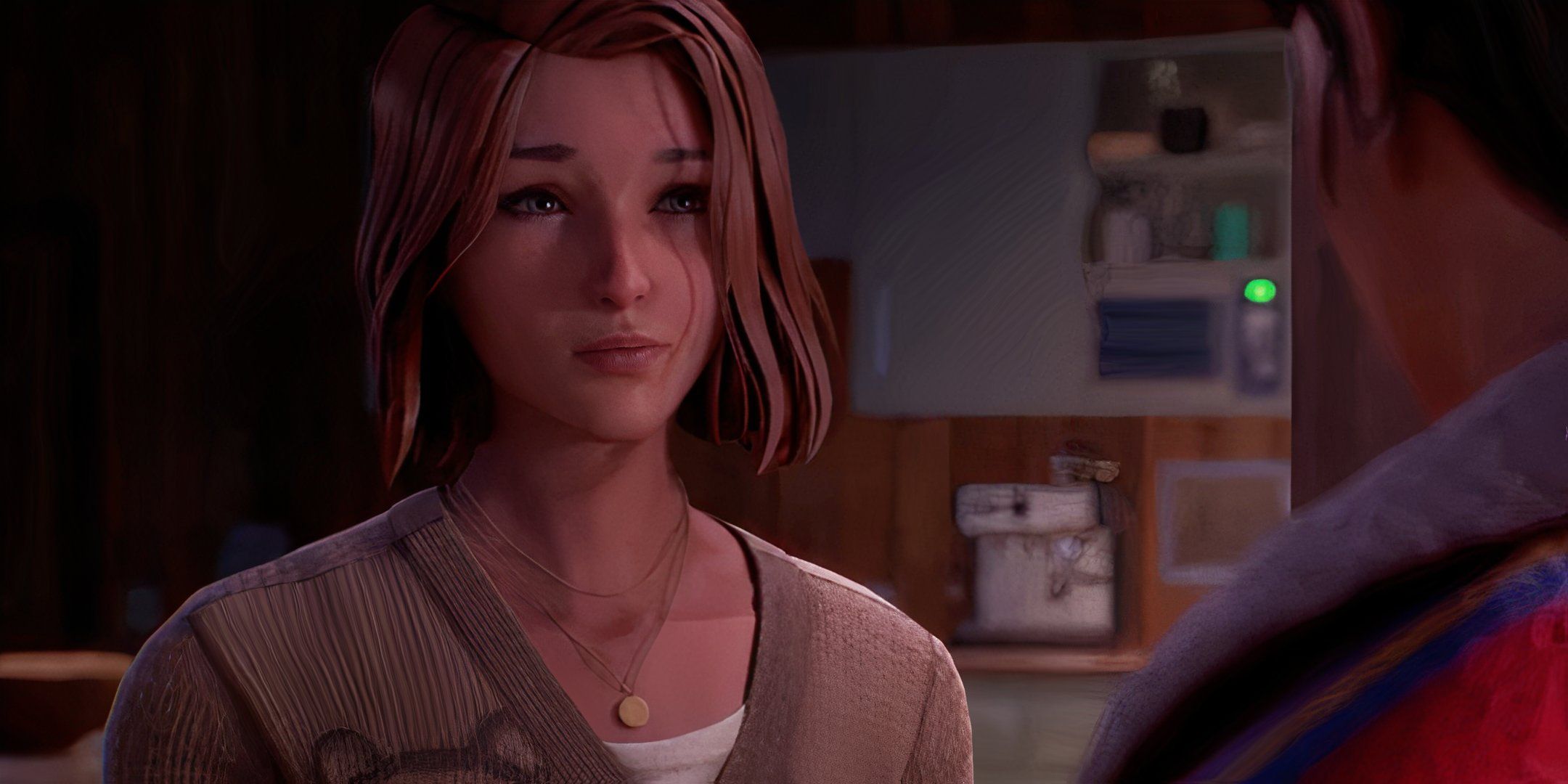
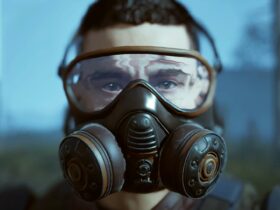



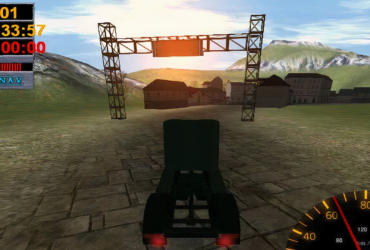
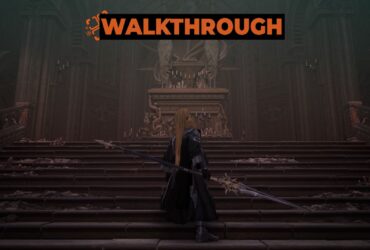
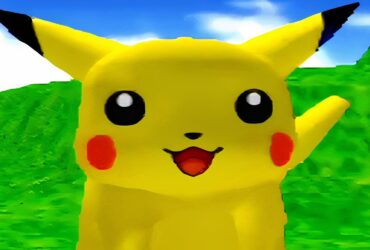

Leave a Reply